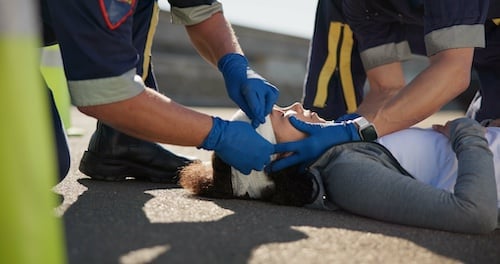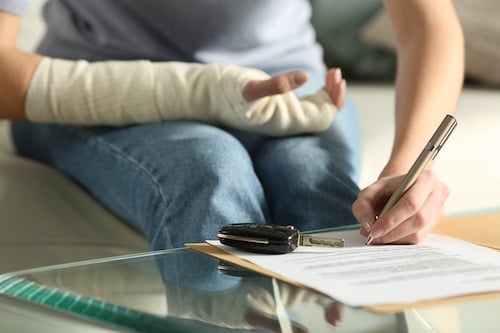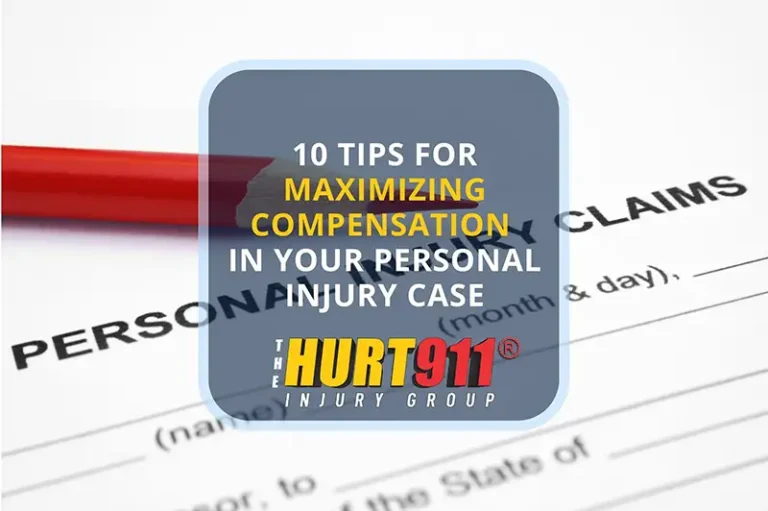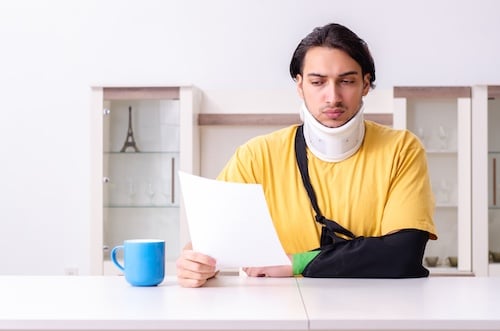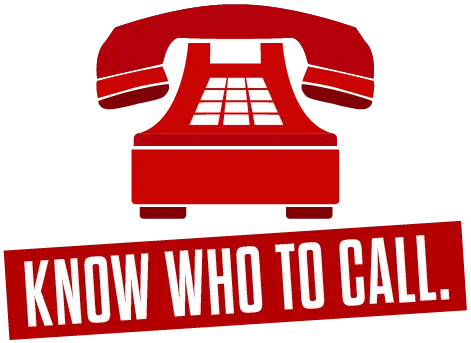- Car Accidents
Why Medical Bills Matter After a Car Accident
After a car accident, medical bills can build up fast. Even with health insurance, you may face costs for emergency care, imaging, prescription drugs, or physical therapy. If your injury case is still pending, you might wonder who is supposed to pay and when. Understanding how medical expenses are handled before and after a settlement can help you avoid unpaid bills, protect your credit score, and reduce stress.
In this blog, you’ll learn who pays medical bills before and after a settlement, how to manage costs while your case is pending, and why visiting our Atlanta injury clinic can help you receive care without upfront payment.
Understanding the Role of Medical Bills After a Car Accident
Medical bills are one of the most pressing concerns after a car accident. Knowing who is responsible and what to expect can help reduce confusion and avoid unpaid medical debt.
What Are Medical Bills After an Accident?
Medical bills refer to charges for medical services you receive after a car accident. This includes emergency care, follow-up visits, physical therapy, imaging tests, prescription drugs, and more. Bills can come from hospitals, urgent care centers, injury clinics, and other health care providers.
Even if you have insurance coverage, you may still receive bills for services not fully covered. These can become medical debt if left unpaid.
How Insurance Coverage Affects Medical Expenses
Health insurance coverage, auto insurance medical payments coverage, and Medicaid services may cover some or all of your treatment costs. Each provider sends an Explanation of Benefits (EOB), which outlines what your insurance paid and what you may still owe.
Not all plans cover every treatment. Some insurance plans have limitations on non-emergency care or specific providers. You may be billed the difference between the provider’s cost and what insurance covers.
What Happens if Medical Bills Are Not Paid?
Unpaid medical bills can lead to serious financial problems. Hospitals and providers may turn over unpaid balances to debt collectors. This can lower your credit scores and impact your credit reports.
Federal law provides some protection against unexpected bills for emergency services. However, many patients still face high out-of-pocket costs, especially if they do not qualify for financial aid or charity care.
Injury Clinics and Paying Medical Bills Out of a Settlement
Facilities like our Atlanta car accident injury clinic help patients receive treatment without upfront payments. These clinics may delay billing until after a personal injury claim settles. This can reduce the pressure of paying medical bills while recovering.
Who Pays Medical Bills Before You Settle a Car Accident Claim?
Before your personal injury settlement is finalized, someone still needs to cover the cost of your medical care. Understanding how payment works during this period is essential to avoid falling into medical debt.
Health Insurance Coverage
Health insurance is often the first source used to pay medical bills after a car accident. If you have active insurance, it may cover some or all of your medical expenses. This includes emergency care, imaging, follow-up visits, and prescription drugs. You may still have to pay deductibles, copays, or any amount not covered under your plan.
After each service, your insurer sends an Explanation of Benefits (EOB). This shows what was billed, what was covered, and what is still owed. The EOB is not a bill but can help you track your medical costs.
Medical Payments Coverage in Auto Insurance
Many auto insurance policies in Georgia include Medical Payments (MedPay) coverage. MedPay helps pay for medical care after a car accident, regardless of who caused it. This can include ambulance rides, emergency room treatment, and physical therapy.
MedPay is limited by the amount in your policy. Once it is used up, you are responsible for any remaining charges until your case settles.
Out-of-Pocket Payments
If you do not have insurance or if insurance denies coverage, you may need to pay out of pocket. Some hospitals and providers may offer payment plans or financial assistance. Others may ask for full payment up front.
Unpaid medical bills during this time can be sent to collections, which may affect your credit scores and appear on your credit reports. Always contact the billing department to ask about payment options or available aid.
Medicaid and Medicare Services
If you are enrolled in Medicaid or Medicare, these programs may help pay for treatment. Medicaid services often come with no out-of-pocket cost, depending on your income. Medicare may require deductibles and coinsurance.
These programs may also have agreements with hospitals and providers for reduced rates. Be sure to show your Medicaid or Medicare card during intake to avoid unnecessary billing.
Liens Allow You to Settle Medical Bills After a Personal Injury Claim
Some injury centers, like our Atlanta car accident injury clinic, provide treatment without requiring immediate payment. These clinics may agree to be paid from your future settlement. This lien agreement allows you to receive needed medical care without taking on immediate medical debt.
Will I Pay Medical Bills Out of My Settlement?
Once your personal injury case settles, you may still need to use a portion of the funds to pay outstanding medical bills.
Settlement Funds Often Cover Medical Debt
Medical bills do not go away after a settlement. The money you receive is usually meant to cover your medical expenses, lost wages, and other damages. If providers have not been paid yet, they may expect payment from your settlement.
This includes charges from hospitals, clinics, physical therapy, imaging, prescription drugs, and other medical services.
Medical Providers May Have a Lien
A lien is a legal claim on your settlement by a medical provider or insurer. If you received treatment and payment was delayed, the provider may file a lien to secure their right to be paid.
In Georgia, health care providers can file a lien under O.C.G.A. § 44-14-470 if they give proper notice. This law protects their interest in the total amount of the settlement. You may need to pay the lien before receiving your remaining funds.
Health Insurance May Seek Reimbursement
If your health insurance paid part of your medical bills, the insurer may seek reimbursement after you settle. This process is called subrogation. It allows the insurer to recover the amount they paid from your settlement.
Under O.C.G.A. § 33-24-56.1, health insurers in Georgia can recover payment if certain legal conditions are met. Always check your insurance policy and talk to the insurer to understand what they may claim.
Medical Bills vs. What You Actually Pay
The amount billed by a provider is often higher than what insurance or programs like Medicaid actually pay. You are usually responsible for the allowed amount, not the full charge. Providers may also agree to reduce the total amount if paid promptly after a settlement.
Review your Explanation of Benefits and ask for a detailed breakdown of what you owe. This can help avoid paying more than necessary.
Injury Clinics That Wait for Payment
At our Atlanta car accident injury clinic, we work with patients who are waiting for a settlement. We may defer billing until your case is resolved. This helps you avoid collection actions or medical debt while you focus on recovery.
Visit Our Atlanta Injury Clinic After Your Car Accident ASAP!
If you’ve been injured in a car accident and are facing growing medical bills, don’t wait. Our team at Hurt 911® is here to help you get the treatment you need without upfront costs or added stress. We work with patients throughout the Atlanta area to provide quality care while your case is ongoing.
Schedule an appointment with us at 404-687-9000 today!
